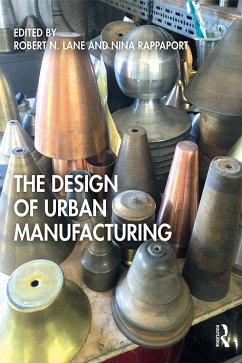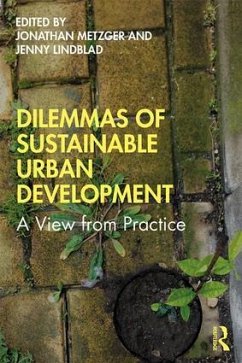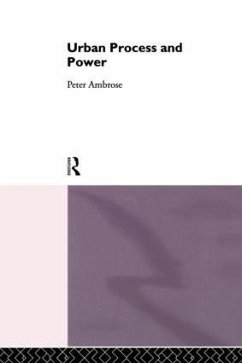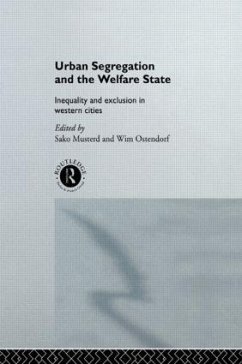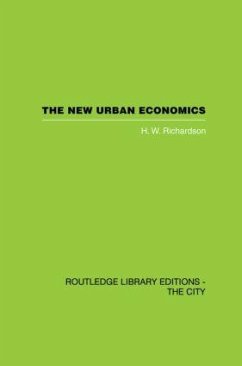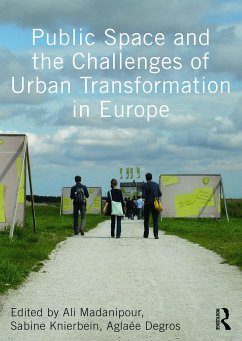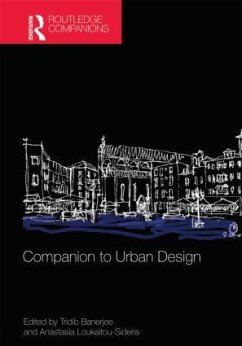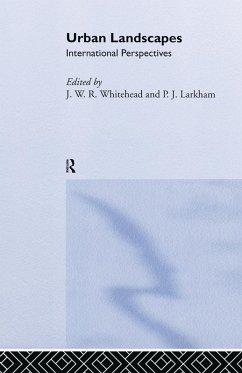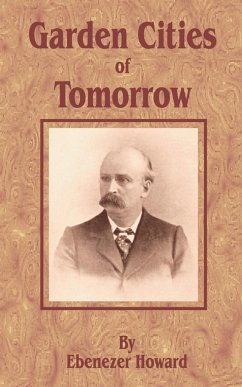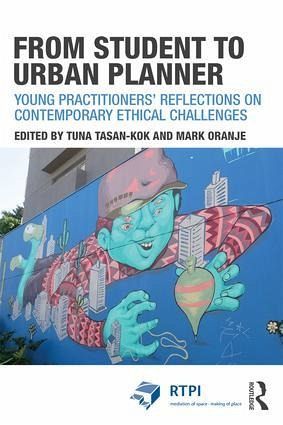
From Student to Urban Planner
Young Practitioners' Reflections on Contemporary Ethical Challenges
Herausgeber: Ta¿an-Kok, Tuna; Oranje, Mark

PAYBACK Punkte
35 °P sammeln!
For many young planners, the noble intentions with going to planning school seem starkly out of place in the neoliberal worlds they have come to inhabit. For some, the huge gap between the power they thought they would have and what they actually do is not only worrying, but also deeply discouraging. But for some others, practice means finding practical and creative solutions to overcome challenges and complexities. How do young planners in different settings respond to seemingly similar situations like these? What do they do - give up, adjust, or fight back? What role did their planning educa...
For many young planners, the noble intentions with going to planning school seem starkly out of place in the neoliberal worlds they have come to inhabit. For some, the huge gap between the power they thought they would have and what they actually do is not only worrying, but also deeply discouraging. But for some others, practice means finding practical and creative solutions to overcome challenges and complexities. How do young planners in different settings respond to seemingly similar situations like these? What do they do - give up, adjust, or fight back? What role did their planning education play, and could it have helped in preparing and assisting them to respond to the world they are encountering? In this edited volume, stories of young planners from sixteen countries that engage these questions are presented. The sixteen cases range from settings with older, established planning systems (e.g., USA, the Netherlands, and the UK) to settings where the system is less set (e.g., Brazil), being remodeled (e.g., South Africa and Bosnia Herzegovina), and under stress (e.g., Turkey and Poland). Each chapter explores what might be done differently to prepare young planners for the complexities and challenges of their 'real worlds'. This book not only points out what is absent, but also offers planning educators an alternative vision. The editors and esteemed contributors provide reflections and suggestions as to how this new generation of young planners can be supported to survive in, embrace, and change the world they are encountering, and, in the spirit of planning, endeavor to 'change it for the better'.





